1-Acetyl-2-phenylhydrazine
Synonym(s):2-Phenylacetohydrazide;Acetic acid 2-phenylhydrazide, 1-Acetyl-2-phenylhydrazine
- CAS NO.:114-83-0
- Empirical Formula: C8H10N2O
- Molecular Weight: 150.18
- MDL number: MFCD00008672
- EINECS: 204-055-3
- SAFETY DATA SHEET (SDS)
- Update Date: 2025-01-27 09:38:02
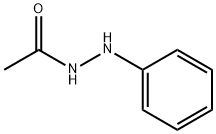
What is 1-Acetyl-2-phenylhydrazine?
Chemical properties
white to light yellow crystal powde
The Uses of 1-Acetyl-2-phenylhydrazine
1-Acetyl-2-phenylhydrazine is an Anaerobically curable compound.
Synthesis Reference(s)
The Journal of Organic Chemistry, 30, p. 2486, 1965 DOI: 10.1021/jo01018a525
General Description
Colorless prisms or white solid.
Air & Water Reactions
Water insoluble.
Reactivity Profile
1-Acetyl-2-phenylhydrazine is an amide and an amine. Organic amides/imides react with azo and diazo compounds to generate toxic gases. Flammable gases are formed by the reaction of organic amides/imides with strong reducing agents. Amides are very weak bases (weaker than water). Imides are less basic yet and in fact react with strong bases to form salts. That is, they can react as acids. Mixing amides with dehydrating agents such as P2O5 or SOCl2 generates the corresponding nitrile. The combustion of these compounds generates mixed oxides of nitrogen (NOx).
Health Hazard
ACUTE/CHRONIC HAZARDS: When heated to decomposition 1-Acetyl-2-phenylhydrazine emits toxic fumes.
Fire Hazard
Flash point data for 1-Acetyl-2-phenylhydrazine are not available. 1-Acetyl-2-phenylhydrazine is probably combustible.
Purification Methods
Crystallise the hydrazine from aqueous EtOH. [Beilstein 15 H 241.]
Properties of 1-Acetyl-2-phenylhydrazine
| Melting point: | 128-131 °C(lit.) |
| Boiling point: | 271.72°C (rough estimate) |
| Density | 1.1392 (rough estimate) |
| refractive index | 1.6180 (estimate) |
| storage temp. | Store at +15°C to +25°C. |
| solubility | soluble in Alcohol |
| pka | 12.75±0.23(Predicted) |
| form | powder to crystal |
| color | White to Light yellow to Light orange |
| BRN | 742880 |
| CAS DataBase Reference | 114-83-0(CAS DataBase Reference) |
| NIST Chemistry Reference | 2-Acetyl-1-phenylhydrazine(114-83-0) |
| EPA Substance Registry System | .beta.-Acetylphenylhydrazine (114-83-0) |
Safety information for 1-Acetyl-2-phenylhydrazine
| Signal word | Danger |
| Pictogram(s) |
 Skull and Crossbones Acute Toxicity GHS06 |
| GHS Hazard Statements |
H301:Acute toxicity,oral |
| Precautionary Statement Codes |
P264:Wash hands thoroughly after handling. P264:Wash skin thouroughly after handling. P270:Do not eat, drink or smoke when using this product. P301+P310:IF SWALLOWED: Immediately call a POISON CENTER or doctor/physician. P405:Store locked up. P501:Dispose of contents/container to..… |
Computed Descriptors for 1-Acetyl-2-phenylhydrazine
| InChIKey | UICBCXONCUFSOI-UHFFFAOYSA-N |
1-Acetyl-2-phenylhydrazine manufacturer
A.B. Enterprises
New Products
Methyl (R)-1-Boc-4,4-difluoropyrrolidine-2-carboxylate 2,2-Difluoropropylamine hydrochloride tert-butyl 3-bromoazetidine-1-carboxylate (R)-1-Boc-3-hydroxypyrrolidine DIFLUOROACETIC ANHYDRIDE 2,2-Difluoropropionic acid Diallylamine, 99% Calcium hydroxide, 95% Aluminum oxide, basic 2-Bromophenylacetonitrile, 97% L-tert-Leucine,97% N-Hydroxy-2-methylpropanimidamide 4-(3,4-Dichlorophenyl)-3,4-Dihydro-N-Methyl-1-(2H)-Naphthalenimine (Schiff Base) 2-AMINO-3,5-DIBROMO BENZALDEHYDE [ADBA] L-Glutamic Acid Dimethyl Ester Hcl 10-Methoxy-5H-dibenz[b,f]azepine 5-Cyanophthalide N, N-Carbonyldiimidazole (CDI) Dibenzoyl Peroxide Titanium Dioxide 2-(Methylthio) Benzonitrile Sodium Acetate Anhydrous Allopurinol 1,5-DibromopentaneRelated products of tetrahydrofuran

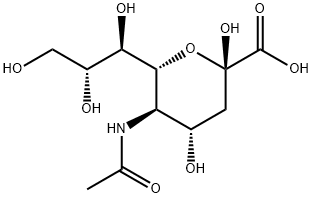
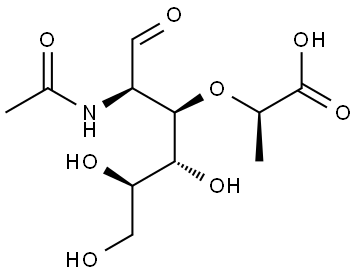

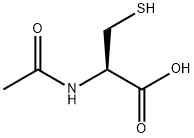



You may like
-
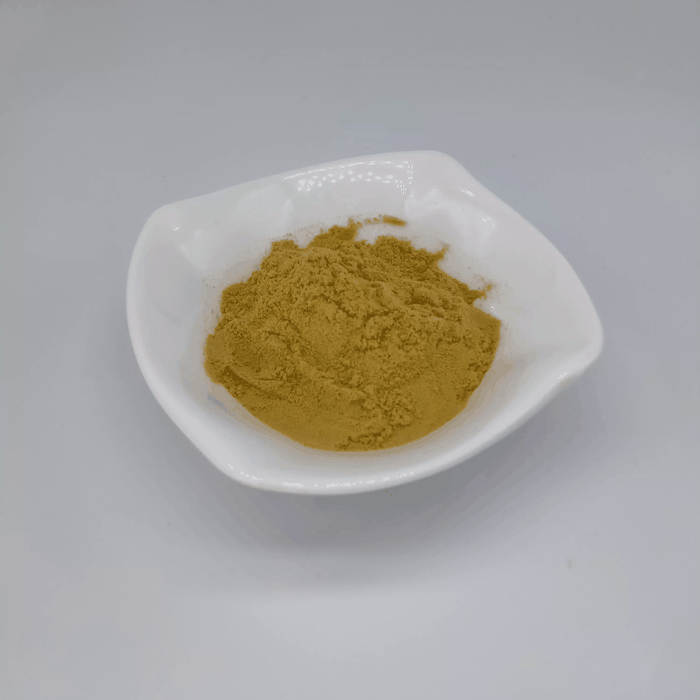 114-83-0 1-Acetyl 2 phenylhydrazine 98%View Details
114-83-0 1-Acetyl 2 phenylhydrazine 98%View Details
114-83-0 -
 1-Acetyl-2-Phenylhydrazine 98.2 %View Details
1-Acetyl-2-Phenylhydrazine 98.2 %View Details
114-83-0 -
 1-Acetyl-2-phenylhydrazine CAS 114-83-0View Details
1-Acetyl-2-phenylhydrazine CAS 114-83-0View Details
114-83-0 -
 2-Phenylacetohydrazide CAS 114-83-0View Details
2-Phenylacetohydrazide CAS 114-83-0View Details
114-83-0 -
 1-Acetyl-2-phenylhydrazine CAS 114-83-0View Details
1-Acetyl-2-phenylhydrazine CAS 114-83-0View Details
114-83-0 -
 Ethyl-2-Chloroacetoacetate 609-15-4View Details
Ethyl-2-Chloroacetoacetate 609-15-4View Details
609-15-4 -
 609-15-4View Details
609-15-4View Details
609-15-4 -
 27143-07-3View Details
27143-07-3View Details
27143-07-3
